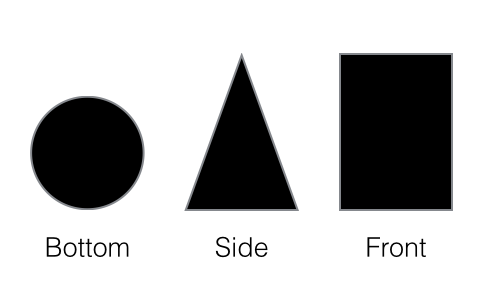Matthew C. Winner, a teacher and co-author of the book “Teach Math with the Wii,” shared that “in grade school we’re always trying to relate math to the real world. Some kids have been good at video games their whole lives and never realized they were doing math the whole time.” To meet the goals of K-12, schools are already adopting game-based teaching strategies to better engage students and teach Math effectively. With gaming tools like the Nintendo Wii and even smart devices, it’s now easier for them to relate mathematical concepts with real things.
Now, it’s really common to see students glued to handheld gaming devices or console controllers inside the classroom. If you check out the specs of the recently-released iPhone 5C on http://www.o2.co.uk, you’ll see that it was built for gaming. In fact, Bill Gates, billionaire-philanthropist and founder of Microsoft, revealed in an interview with The Atlanta Journal-Constitution that “imagine if kids poured their time and passion into a video game that taught them math concepts while they barely noticed, because it was so enjoyable.” Today’s technology is actually helping math-phobic students overcome their fear of math and improve their skills. » Read more
